The Open Cloud Manifesto was released today to a flurry of comment and criticism from the media, including GigaOm, eWeek, ZDnet, and others. This comes after last week’s post from Microsoft, complaining about the closed nature of the manifesto’s development. Although few can argue with any of the broad principles in the document (including us), criticism has arisen from lack of openness, goals and motives of the group, lack of clear process going forwards and absence of key cloud providers on the list of signatories.
The cloud market is still nascent and, at this stage, cloud vendors and open source initiatives will work aggressively to seek competitive differentiation. When a coalition of vendors sees the benefit in standardization of a set of technologies based on customer feedback, they will create a standard to enable them to differentiate in other areas. We believe that allowing vendor coalitions to compete and standards to eventually emerge will ultimately lead to ‘open clouds’ faster than a single standards process. In some cases, major vendors will use their market position to set standards rather than engage in a standards process. However, we think that ultimately innovation, competition and customer focus will lead to choice for consumers of cloud services.
At Skytap, we’re firm believers in interoperability and openness. We’ve been talking about open cloud solutions for a while. In fact, we’re one of the only cloud providers that can take any application that runs on a x86 virtualized platform and run it unchanged in the cloud. We support Microsoft operating systems, open source operating systems and a broad array of development platforms. We’ve been engaged in the cloud interop discussions, have demonstrated multi-hypervisor support, and most importantly advocate for our customers who provide us with feedback and requests for interoperability. For now, we’re not planning to sign up for the open cloud manifesto until its future becomes clearer. However, we will continue to be very involved in the industry dialogue going forward.
